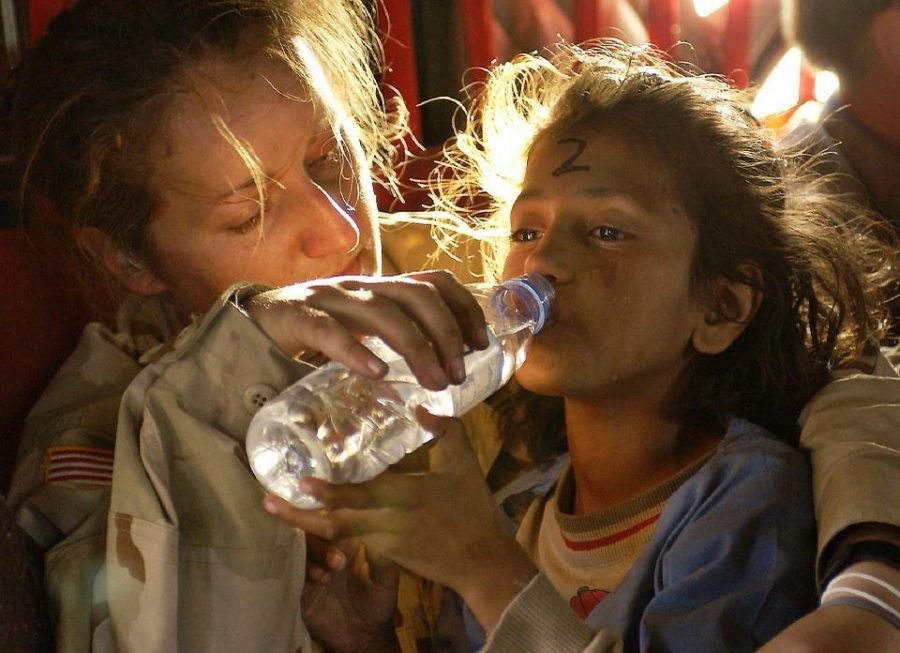Crises abroad that cause starvation, homelessness and economic burdens serve as haunting reminders of just how fortunate Americans and citizens of other wealthy nations are to have won the geographic lottery through birth. Headlines that depict national disasters, tribal warfare and devastating droughts in far-away lands briefly hold our attention as we skim our newspapers and sip our six-dollar frappuccinos. Pleas from our TV screens that request humble donations to save the life of one starving child quickly get muted before our program of interest resumes. Some of us realize the importance of humanitarian aid, but for many, personal contributions intended towards rectifying crisis on an international scale seem to have little impact.
Ideally, small donations of time and funds from a collective pool of charitable individuals stand a chance at providing much-needed resources worldwide, but its the efforts of national governments as directed by their citizens to positively intervene that has the potential to provide the greatest change.
As sensible as this seems — that wealthy nations should offer resources to the disadvantaged — this proposition is always met with furious debate.
According to Georgia State University’s Joannie Tremblay-Boire, Americans are currently spending only a “few bucks each” towards the Official Development Assistance program which uses these funds to supply medical treatment, food and military support to low and middle-income countries, but some voters argue these funds should be kept for domestic use.
The President presented his disapproval of the current model claiming that efforts to build schools in Iraq with ODA funds have been all-for-not following the repeated destruction of these schools through terror attacks. Calling for attention to be shifted towards our own “inner cities,” the President reiterated his stance by saying “We have no money for education, because we can’t build in our own country.”
This “America First” libertarian position has grown popular with many conservatives as evidenced by numerous rallies across the country and nationalistic Facebook communities like “Americans for America; No More Foreign Aid” which claim that this type of financial support is unconstitutional.
While these disheartened protesters accurately highlight the need for help within our own borders, the aid currently offered has been vital in preserving and enhancing countless lives. Without it, the consequences of entirely ending ODA relief would be catastrophic.
The U.S. has the highest GDP of any nation, larger than that of the entire European Union, but we also rank number one in global military expenditures at $618.7 billion annually. So, before we decide to end a program that currently provides vital services to the less fortunate, perhaps a change in the way these funds are allocated should first be considered.
@TheChrony


